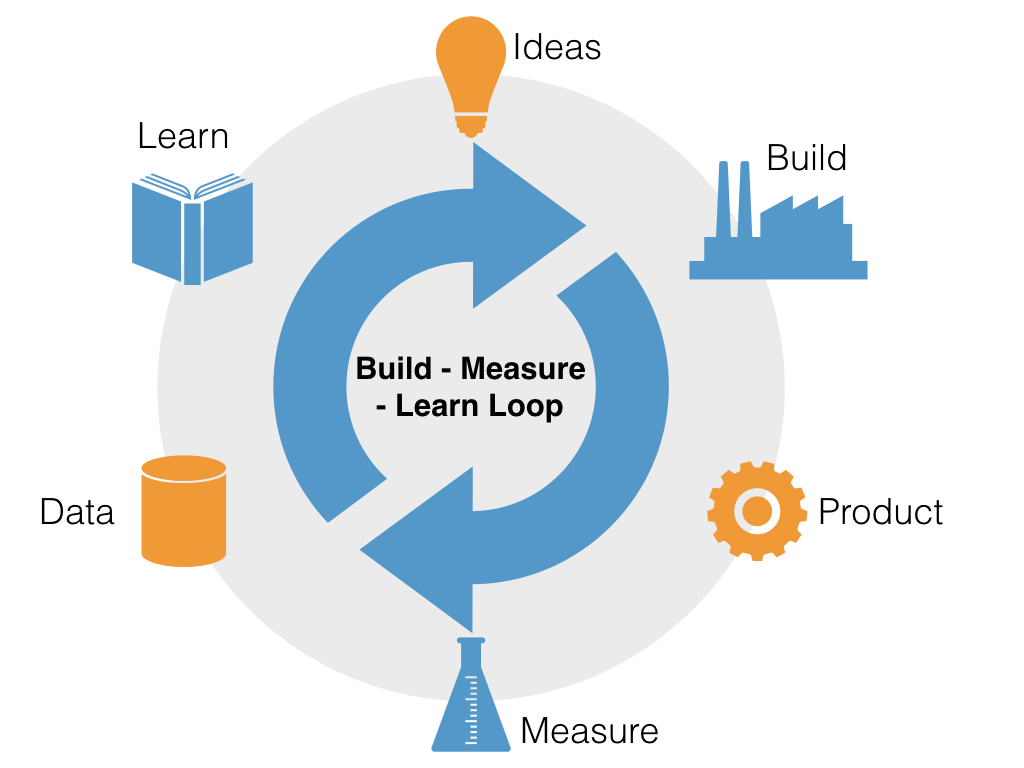Before a decade and more, if someone tells us that failing in business can be something important and something that will increase the business potential energy of an entrepreneur, we will think about the person as a “complete fool”.
But, today everything is changed. Today is easier to start a business than ever before. Today market needs are different like never before. Today building a business is easier than ever before.
The biggest problem is to launch the right product in the right market. That means something that the market will want to buy, something that solves market problems.
Because of that, we need different tools if we want to build something great. On the other side, the future is not something easy predictable. Especially today when the change is every day and everyone’s job.
If we can’t predict the future, there will be always uncertainty for new business ideas, and new startups. Uncertainty also means a possibility for failure.
But it is not everything black or white. We talk about an entrepreneurial path that will always have a correlation with uncertainty, risk, problems… The difference is only in the intensity and strengths of that uncertainty, risk, and problems.
On the other side, we know that improvements are consequences of failure. And we can see a positive side of failing.
Let’s see possible positive things related to failures.
#1 Fail Fast to Learn More
Your business and each business in the marketplace operates in a highly uncertain environment. As an entrepreneur, you are never 100% sure about something connected with your business.
Your job is to try, experimenting, analyzing, testing… But, you do not know the results before you try, experiment, test and analyze.
If you fail in these stages in your business, you will learn something new about the results of your work that you can implement in the future.
#2 Fail Fast to Find Possible Improvements
One of the greatest sources of improvements is a failure that increases your knowledge with learning and makes improvements because you will not repeat the same actions that will lead to the same failure in the future.
#3 Fail Fast to Become More Productive
If something is wrong and wrecked, it is better to be aware that you are making a mistake as soon as possible. But, if you have false hope, you will put your efforts into something that will not give you the desired results.
If you fail fast, you can quickly reallocate your own and your business resources on other projects that are worth investing time, money and efforts. You’ll be more productive.
#4. Build, Measure, Learn Feedback Loop
If you want to learn by failures, and in the same time to ensure that the failures will not be catastrophic for your company, you will need to use the build-measure-learn feedback loop as one of the most essential principles of the Lean Startup. A lean startup is an approach to work on startup development established by Eric Ries. The function of a startup is to work on finding the right business model that will:
- succeed to make a profit through revenue model,
- be sustainable, repeating the success,
- be strategically designed for growth and
- enable building a sellable company.

So, the Build-Measure-Learn feedback loop is a structure for building and improving the new products and services, processes and business models as quick as possible and cost-effectively.
In practical use, this feedback loop suggests a cycle of planning and experimenting with hypotheses by building something first. The first version of this something is minimal for potential customers, and the purpose is to try. If you build something ready for trying by potential customers, you can easily measure their reactions. When you have data by measuring, you can learn from the results (see figure above). The goal of the build-measure-learn feedback loop is to continuously work on improvement of your offering so you deliver what your customers really want.





